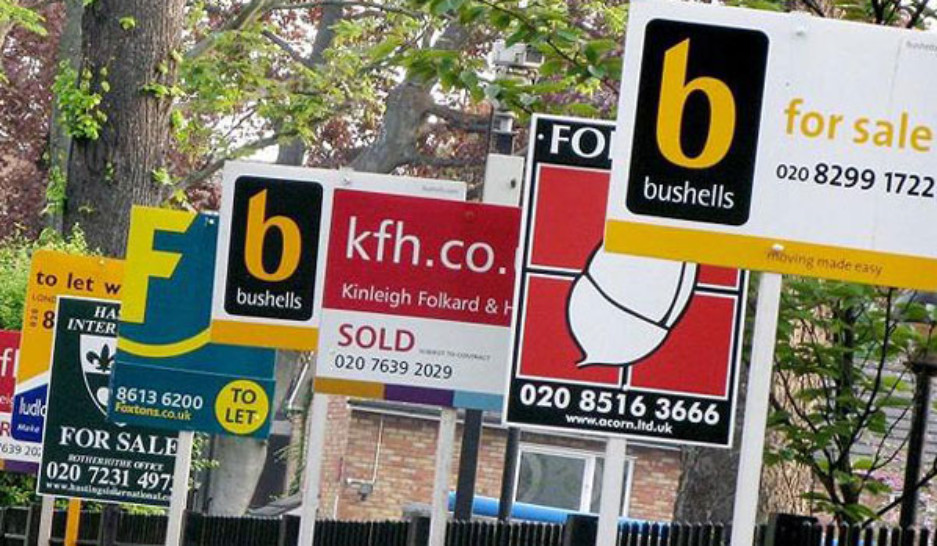While it predicts house prices will increase next year, it predicts the levels will be lower than those witnessed over the last eight years with Stamp Duty Land Tax continuing to slow the top end of the property market.
Meanwhile, those markets driven by overseas investment, namely corporate lettings and London sales, are set to feel the combined impact of global economic uncertainty; including Donald Trump’s US presidency, Brexit and eurozone political turmoil.
In greater London, house price growth is expected to hit about 5% with the higher value properties feeling the strain of the macro and political uncertainties more accurately than the rest of the country. Rental prices in London are forecast to increase by about 3%.
Outside of London the country homes market, which has already seen increased levels of activity since Brexit, is expected to see sustained price growth at the lower end (properties with values between £400,000 to £1m).
According to Jackson-Stops & Staff, 2017 for the country homes market will be characterised by an ongoing lack of quality properties coming onto market, meaning demand will continue to dwarf supply. In the area of Essex, Suffolk and Norfolk, it predicts 5% house price growth next year.
Nick Leeming, chairman of Jackson-Stops & Staff, said there will be no change next year to the equation that has governed the property market in 2016, namely demand will continue to outstrip supply which will drive up average property prices.
He said: “House price inflation won’t be as high in 2017 as it has been in recent years, with some buyers and lenders impacted by Brexit, global political and economic uncertainty and recent property taxes in the short term. This means that the 2017 property market might turn out to be one that so many have craved in recent years, with more moderate price growth helping affordability.
“This year there has been a patchwork of commitments from government to increase housing supply over the next parliamentary period, but even if the government does kick start its plans into gear it will take some time for the results to come through and we won’t see the true impact in 2017. David Cameron built the least homes of any Prime Minister since 1923 and it won’t be an overnight fix that turns this trend on its head. In the short term the main factors influencing the UK property markets are macro-political and economic concerns and the prohibitive costs of moving, compounded by Stamp Duty Land Tax.
“The Autumn Statement was disappointing in that it didn’t offer any remedy to punitive Stamp Duty rules. The impact of this policy is more keenly felt at the top end of the property market, as evidenced this year with many properties valued at £1m and above struggling to sell, but a more liberal policy has the potential to help all buyers up and down the ladder.”
















